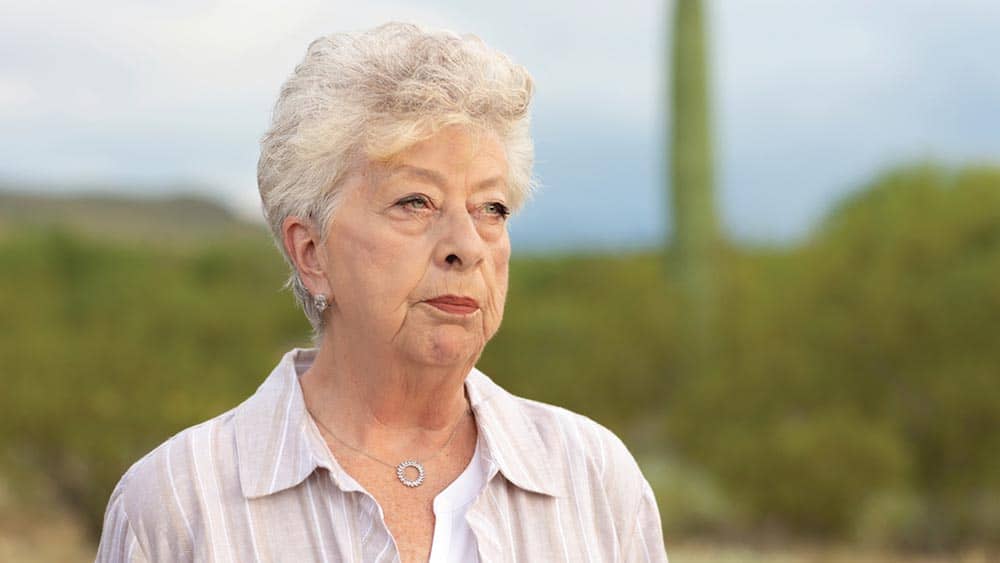

Vaccines for Seniors Covered by Medicare
Booster Vaccines and Immunizations Important for Seniors Too
One of the greatest scientific innovations for the human race has been vaccinations. Vaccines have essentially eradicated deadly diseases such as smallpox and polio, each of which had devastating effects worldwide at one time.
August is National Immunization Awareness Month, and the importance of vaccines, especially for seniors, cannot be overstated. Vaccines help those with weakened immune systems and chronic health conditions protect themselves against infections and diseases. Many people think vaccines only apply to children, but they can be life-saving for seniors and people of every age, as well.
The Best Vaccines for Seniors
Although there seems to be an endless amount of vaccines that are “essential,” not all of them are necessary for seniors. The Centers for Disease Control and Prevention (CDC) recommends that adults aged 50 and over receive the following vaccines:
- Shingles: The CDC estimates that one in three people in the United States will develop shingles in their lifetime, and the risk of shingles is higher later in life. The vaccine not only protects against the infection itself, but also against complications that may arise from shingles.
- Flu: Flu season arrives each year, putting those over the age of 65 at greatest risk. The CDC has found that over 60 percent of flu-related hospitalizations occur in people aged 65 and over each season.
- TDaP: This is a combined vaccine for tetanus, diphtheria and pertussis (a disease also known as “whooping cough”); the vaccine can help keep these two infections and this disease at bay.
- Pneumococcal: This vaccine protects against pneumococcal disease, which can result in infections in the lungs and/or bloodstream, leading to fatalities in adults over the age of 65.
Before you receive any of the above vaccines, be sure to talk to your doctor about potential side effects that might occur.
Vaccines for Seniors With Chronic Health Conditions
In addition to the general vaccines for seniors listed above, those seniors living with chronic health conditions might require additional vaccines to help prevent disease and infection. According to the CDC’s recommendations, seniors living with the following chronic health conditions should receive the additional vaccines listed:
- Type 1 and type 2 diabetes: People with diabetes are more prone to infections and are at higher risks for serious complications from vaccine-preventable diseases; the CDC recommends that they receive the flu, hepatitis B, pneumococcal and shingles vaccines.
- Liver disease: If you’re living with liver disease, the CDC also recommends that you get vaccinated for hepatitis A and B; human papillomavirus (HPV); measles, mumps and rubella (MMR); and varicella (chicken pox).
- Kidney disease: For those with kidney disease or any sort of renal failure, the CDC suggests that you should also be vaccinated for hepatitis B, HPV, MMR and varicella.
If you’re living with any of the aforementioned chronic diseases, be sure to talk to your doctor about these additional vaccines.
Vaccines Covered By Medicare
While vaccines are necessary, they also can come at a big expense. Luckily, Medicare Part B covers the flu, pneumococcal and hepatitis B vaccines. Medicare Part B will also cover a tetanus shot after an injury; however, it does not cover the TDaP or shingles vaccines.
Medicare Part D plans, on the other hand, provide more extensive coverage for vaccines. Depending on the type of Medicare Part D plan you have, you still may incur some out-of-pocket expenses for the vaccines you need. Be sure to review your plan beforehand to make sure you won’t have any surprise expenses after you get inoculated.
Latest Resources for Seniors
Featured article








